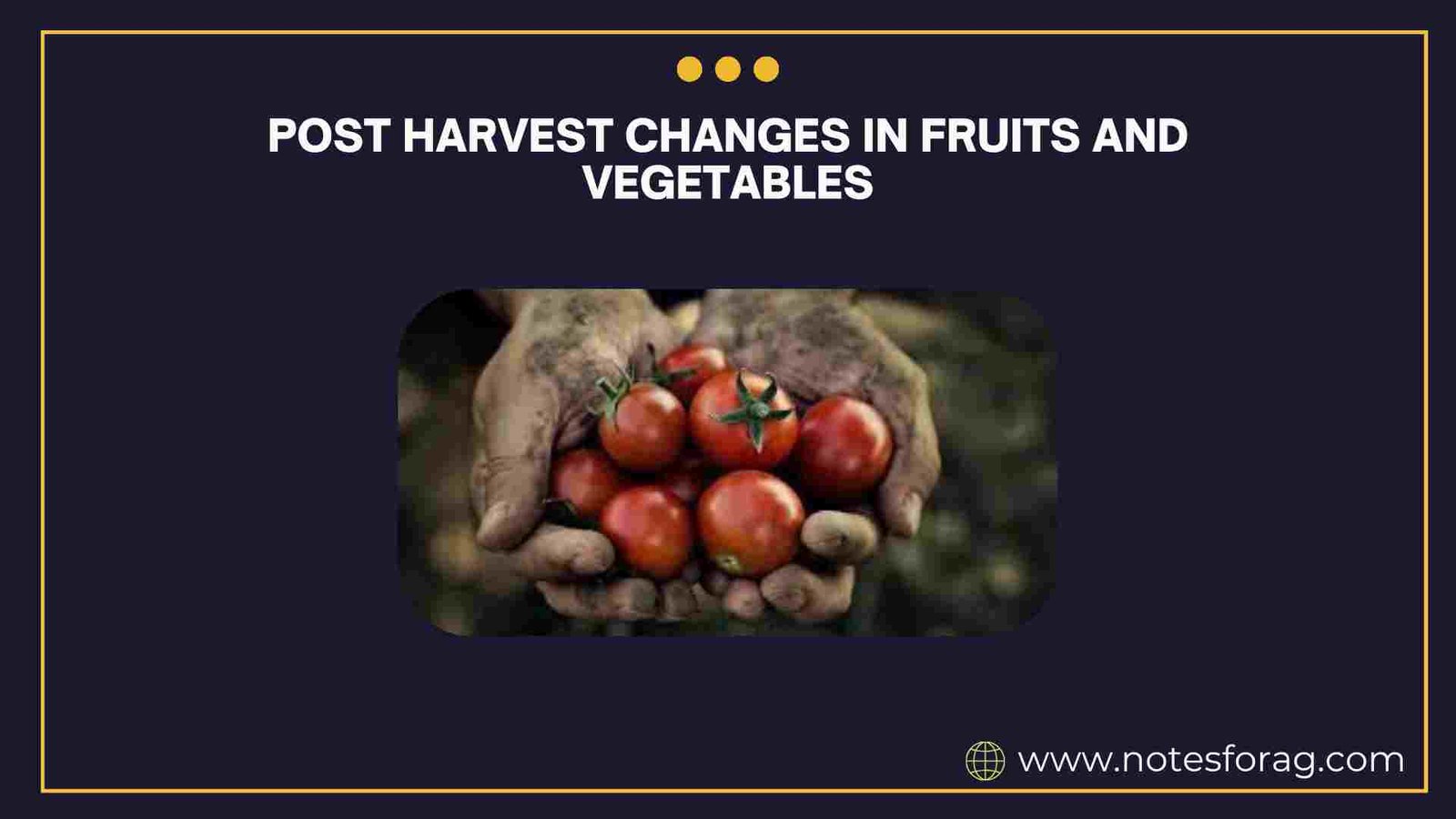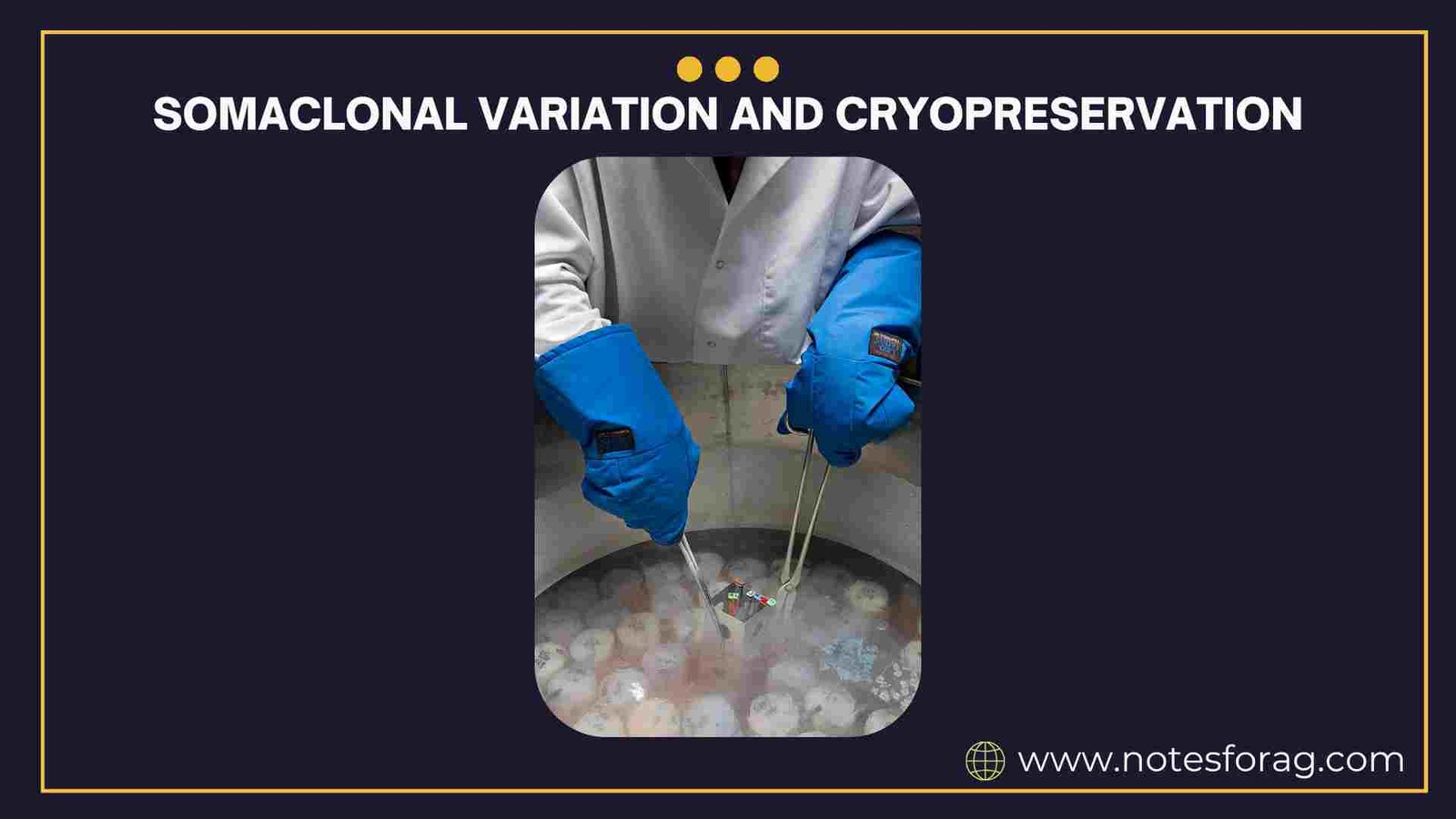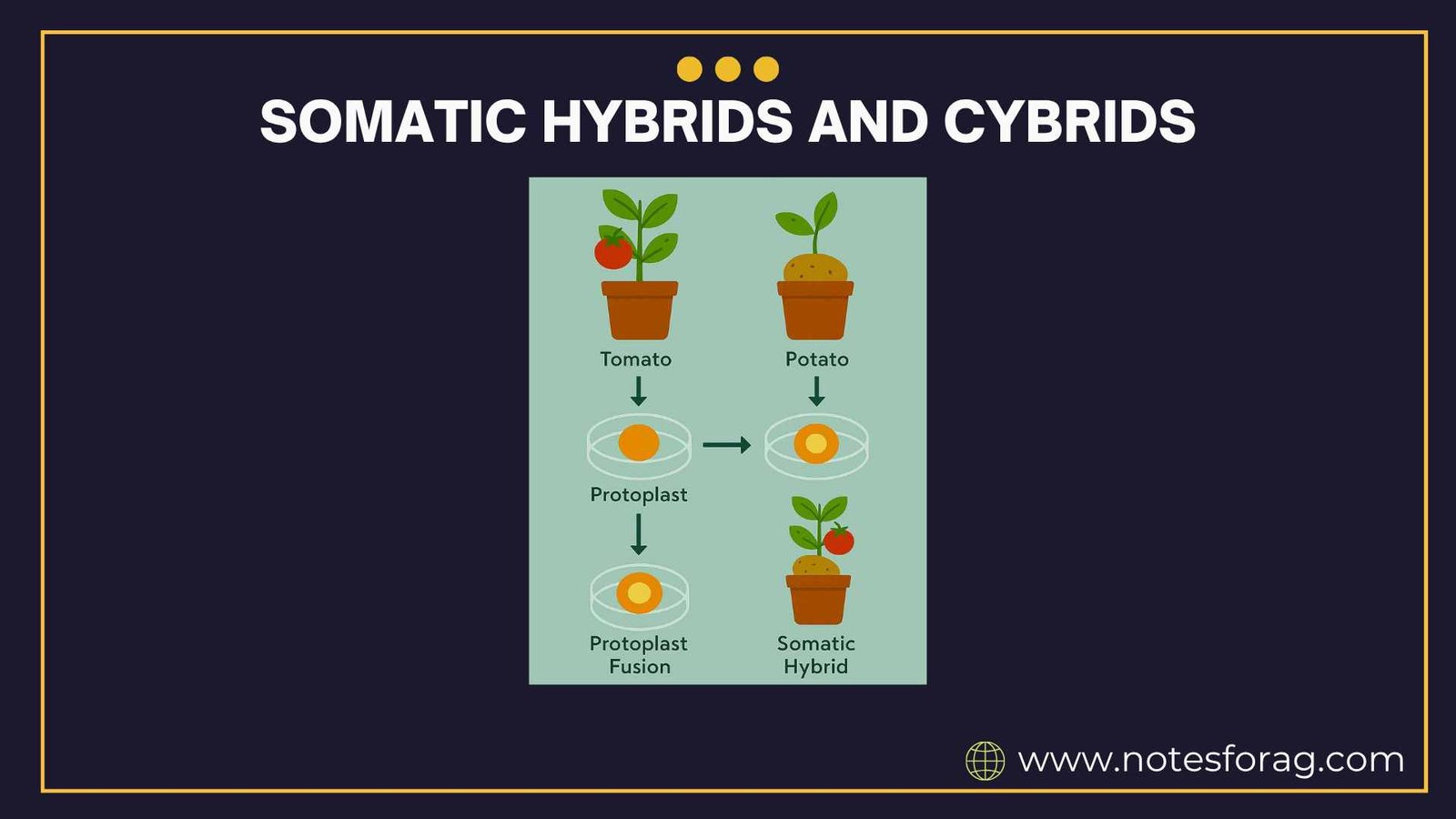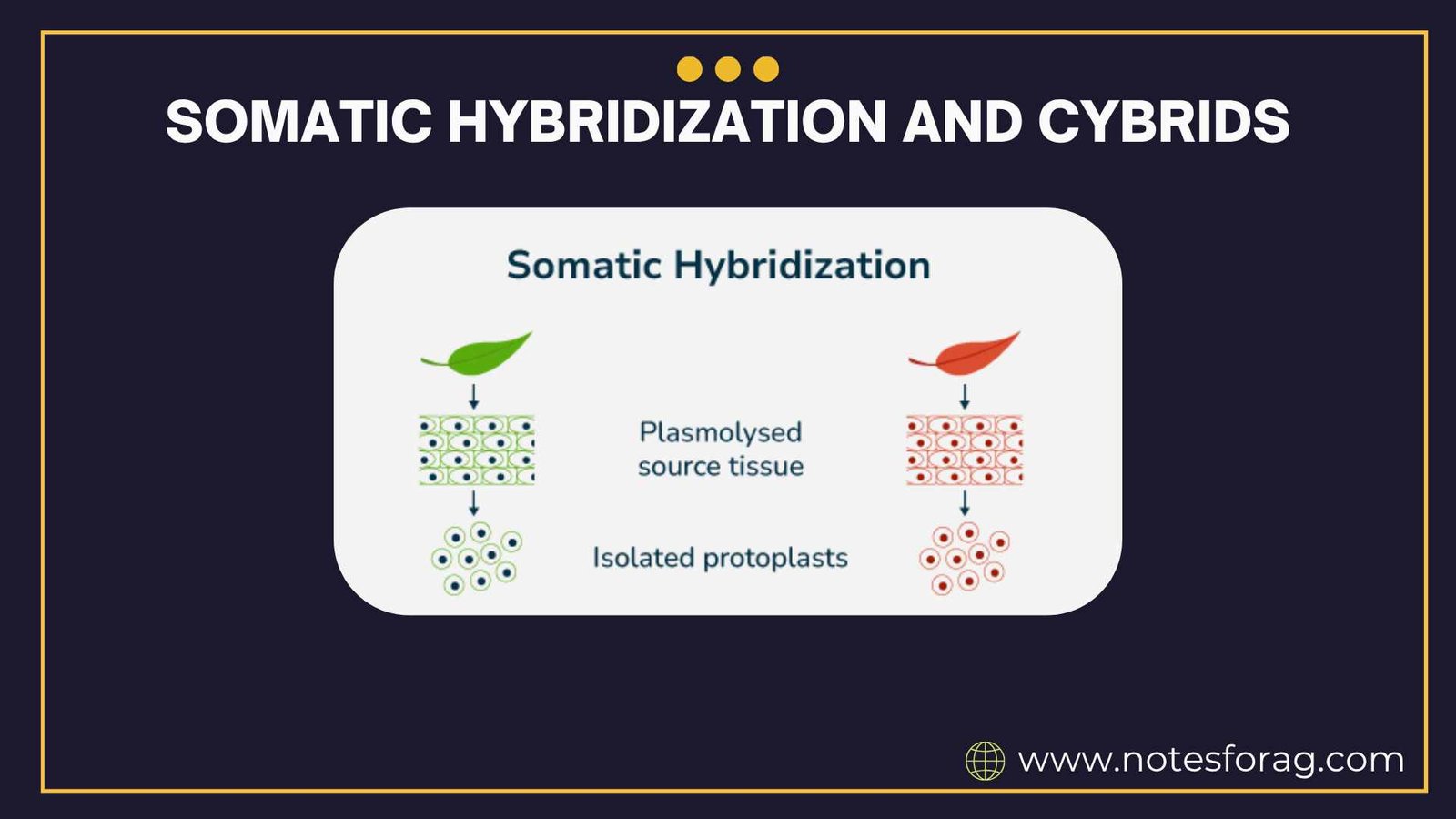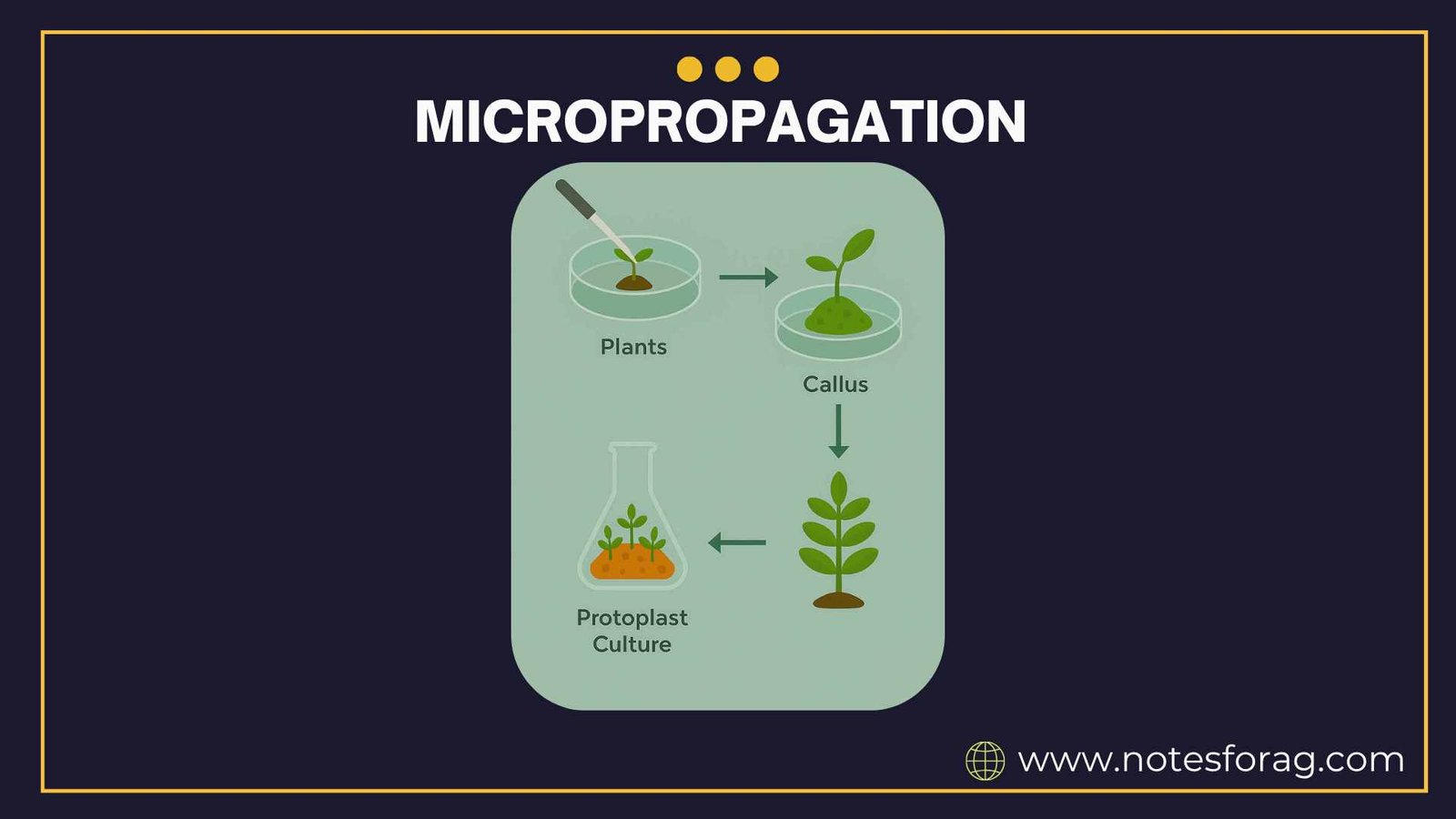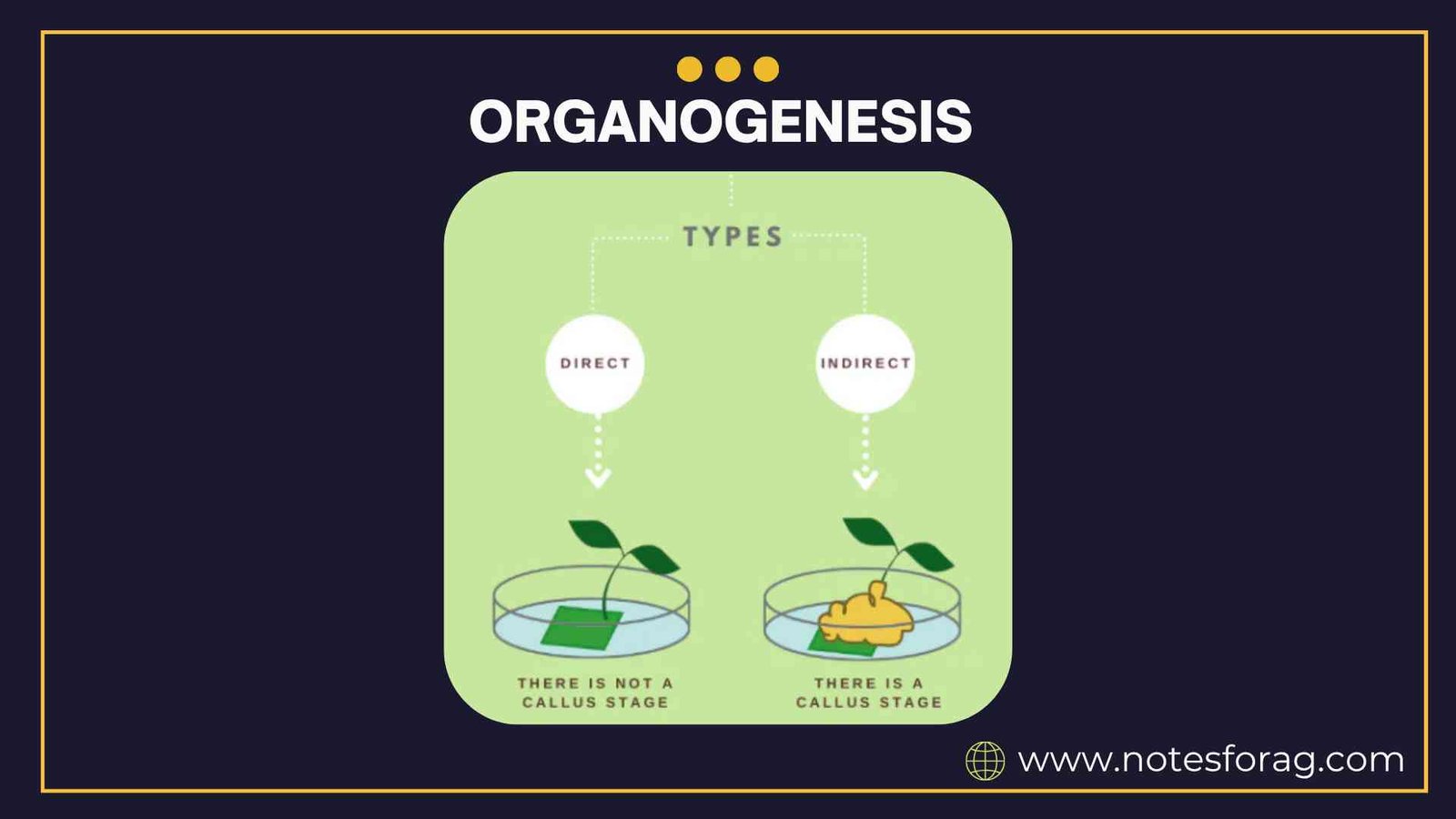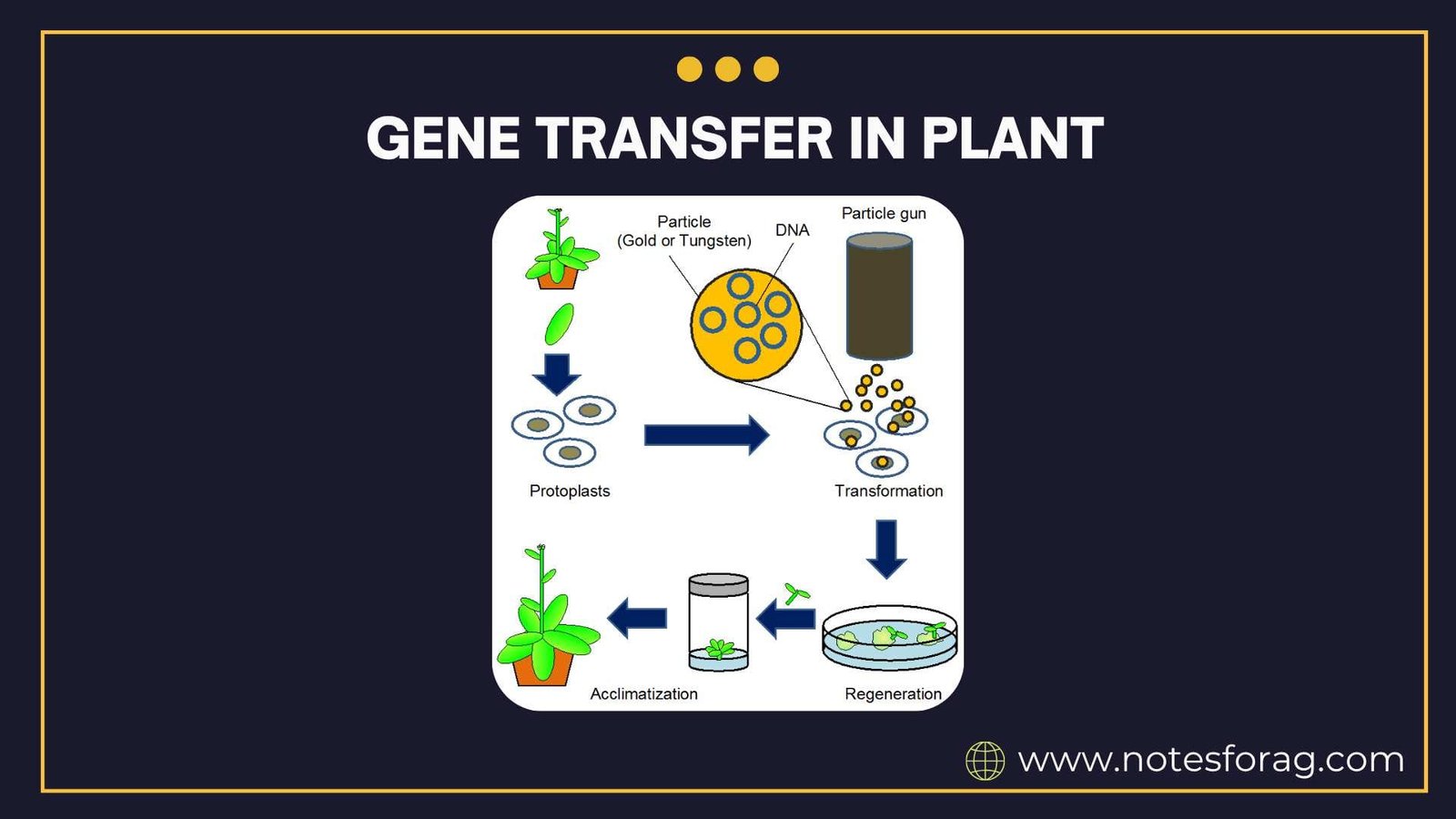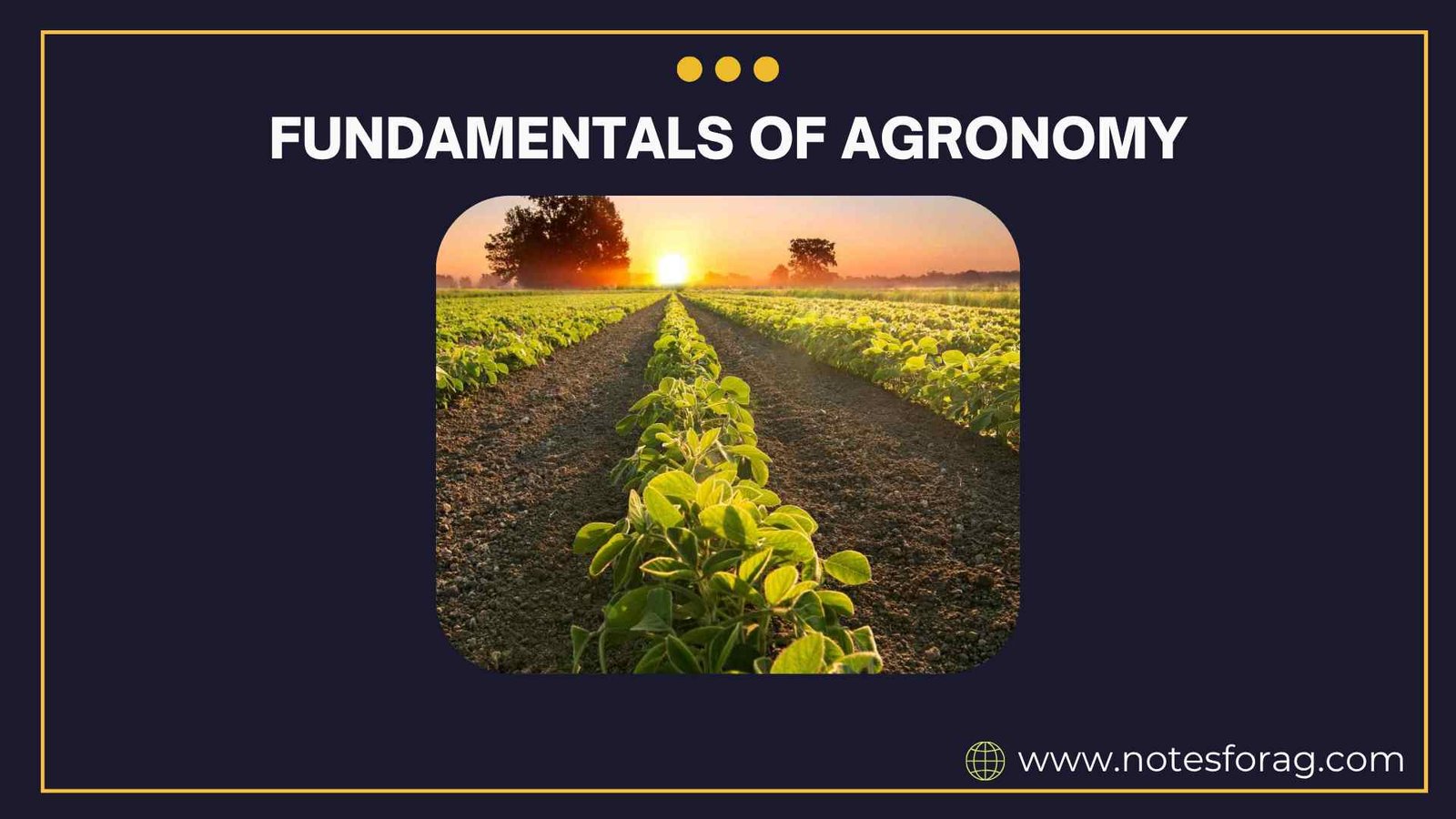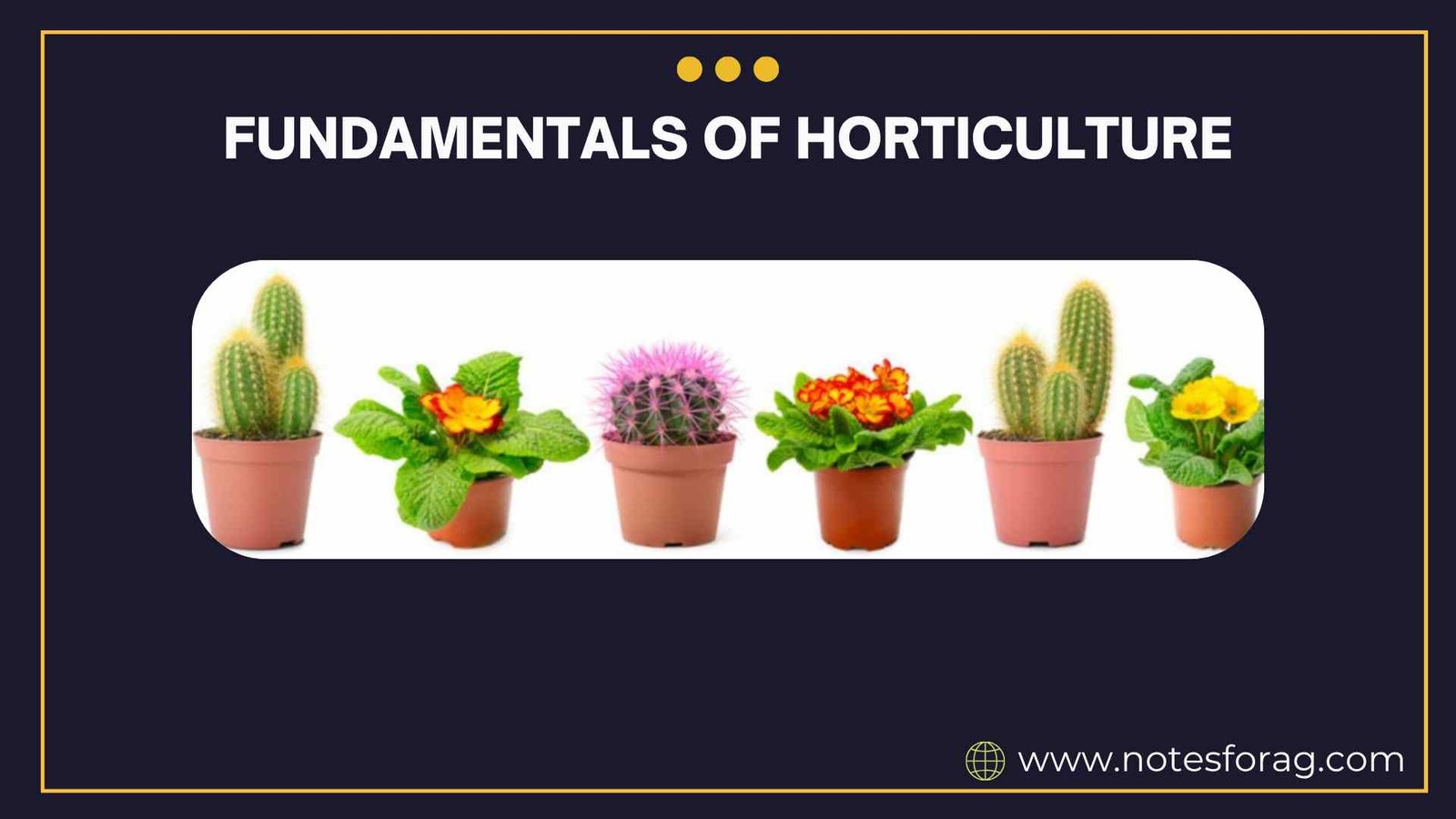Post harvest changes in fruits and vegetables
Introduction to Post Harvest Changes Post-harvest change refers to the natural physical, chemical, and biological processes that occur in fruits and vegetables after they are harvested. These changes include respiration, moisture loss, ripening, softening, color and flavor alteration, nutrient degradation, and microbial spoilage. After fruits and vegetables are harvested, they undergo a series of physical, … Read more

